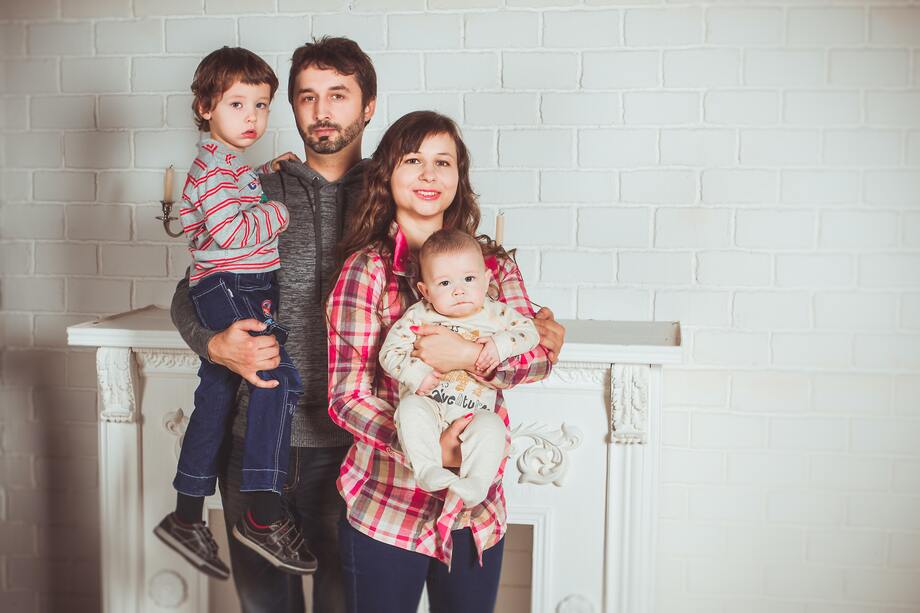It has caught my attention to read and hear, through the media, the proposal of the Spanish Ministry of Social Rights and Agenda 2030 for a future law with the inclusion of up to sixteen different types of familieswhich was approved, as a draft bill, last December 13 at the Council of Ministers.
The proposed law begins by recognizing that there is no such thing as a family but families and speaks of the "returned", "intercultural", "transnational", "biparental", etc. family. The excuse for such an extension seems to be to establish a system of economic, legal and social assistance for all persons.
Such an excuse does not justify extending the concept of family to all kinds of situations of human coexistence because it undoes the concept of family. family.
Christians always look at marriage and family in the light of the Gospel, but also in the light of universal human experience. The Church is enlightened in her doctrine on the questions of marriage and the family by the Gospel, but not only by the Gospel, but also by the experience of the human being that she possesses after two millennia of existence.
A first conviction that derives both from the Gospel and from this multi-secular experience is that the well-being of individuals and of society as a whole, in its many facets, is closely linked to the well-being of marriage and the family, that is, that the true progress of well-being, of the common good, of freedoms and of equality that society continually demands, is intimately linked to the prosperity of the conjugal community and of the family.
Along with Catholics, there are many millions of men and women of other Christian confessions and other religions (Jewish, Muslim...) and men and women of good will, who hold in high esteem this community of love and respect for life that is marriage and the family.
In the face of the many serious challenges to marriage and the family that exist today in our Western societies, especially the ease of divorce (which the Second Vatican Council calls an epidemic), abortion, free love (unions without any public commitment), etc., we cannot lose the great treasure for humanity of all times that is marriage and the family.
At the base of all challenges against the family are always human selfishness, hedonism and illicit uses against generation and we cannot be surprised that they continually surface in history.
The Church's doctrine is based on the sacredness of marriage and the family. Without this nothing is understood. It is not a human or cultural invention, but founded by the Creator and in possession of goods and ends that are proper to them: a community of life and love established on the covenant of the spouses, that is, on their personal and irrevocable consent.
This covenant is assumed by Christ through the sacrament of marriage, image of the love between Christ and the Church, and with an aid and strengthening of that covenant with regard to the irrevocability of consent and to maternity and paternity.
Obviously, this consent is decisive for life and must be prepared with adequate training. The main purpose is mutual help, mutual love and the procreation and education of children.
The conjugal love must be reconciled with respect for human life. There can be no real contradiction between the divine law of the transmission of life and the fostering of genuine conjugal love.
When it is a matter of combining conjugal love with the responsible transmission of life, the moral nature of the conduct does not depend solely on sincere intention or subjective appreciation, but must be determined by objective criteria taken from the nature and dignity of the human person and his or her acts.
In short, the family is prior to the State. The latter is not its inventor or founder, as the proposed law intends to establish.








